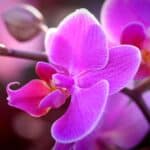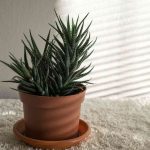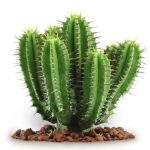Many people cherish pickles, even though they have an earned taste compared to others.
They are typically used as a topping for burgers but are quite delicious when eaten independently. Pickles also come in many flavors and are not hard to make on your own at home. But is what a picked classified as? Is a pickle a fruit or a vegetable?
A pickle was once a cucumber, and we all know that a cucumber is a fruit. So in answering this question, the correct answer is that a pickle is both a fruit and a vegetable and even more.
No, don't be confused, you will get to understand it better as we go on!
Table of Contents
What is a Pickle?
It is worthy of noting that there is a considerable distinction between the culinary view of fruits and vegetables related to the botanical description, not to speak of the controversy over whether or not pickles are cucumbers in the first place.
Pickles are completely cucumbers that have been cultivated to grow to that size, particularly for the motive of pickling. They are just like the huge cucumbers you can purchase in a store for your salad in all ways but stature.
They have an increased water level and a delicate taste.
When pickled, they are conserved in an assortment of vinegar, often with salt, sugar, and other herbs or spices put in, such as dill.
This procedure maintains the cucumber and provides them a delicious, sour taste that is so dear to people worldwide.
See Also: Is Lychee a Fruit?
What is Pickling?
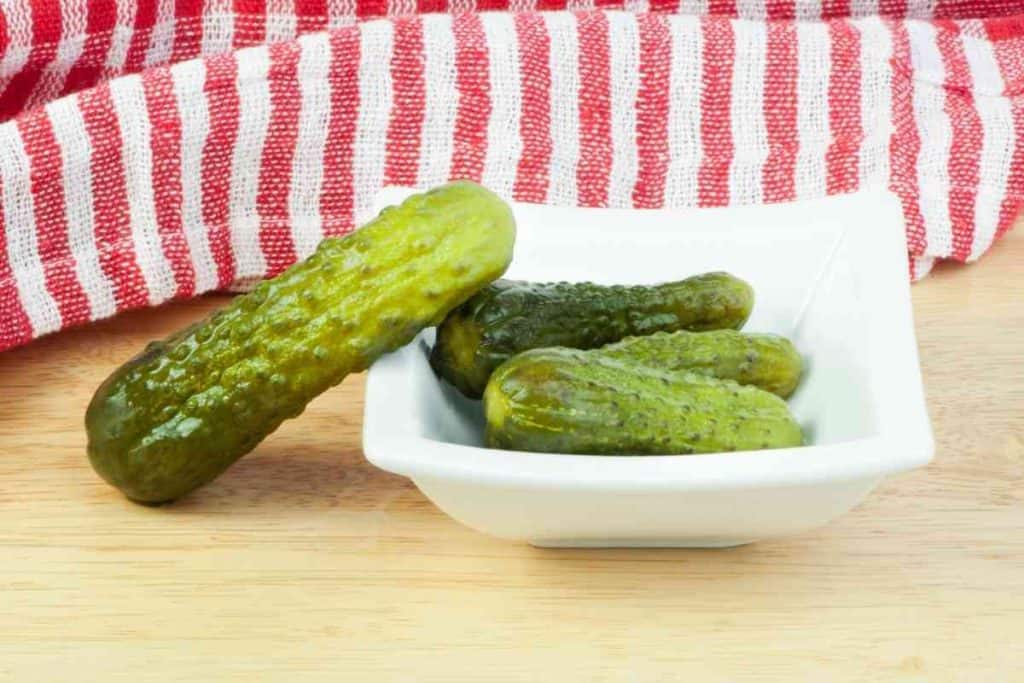
Pickling is the technique of conserving or expanding the shelf life of food by either anaerobic fermentation or dipping in vinegar. After this procedure, most items are prefaced with the word "pickled," yet cucumbers are especially related to pickles.
Cucumber is called a pickle after being put into an airtight container full of herbs, seasonings, and vinegar. The cucumber is immersed in this solution and abandoned for a while so it can absorb all of the flavors caught inside the container.
It is a wonderful way to maintain food and give it an entirely new flavor.
Pickled cucumbers are largely popular as the flavor of cucumber is not very audacious, so they are easy to wield into other flavors.
This process influences both the food's composition and flavor.
Is a Pickle a Fruit or a Vegetable?
In North America, if you request a pickle, you'll probably be given a small pickled cucumber. In other parts of the planet, you may be presented with any variation of pickled fruits or vegetables, or even eggs, fish, or meat.
If you are searching for a scientific explanation, yes, a pickle is a fruit. Still, some people insist that they should not be in that classification due to possessing other main bases like vinegar and salt.
Other people would disagree that, culinarily talking, they are vegetables owing to their flavor outline and how they are utilized in cooking.
If you have the mind to add needless chaos to the whole difficulty, you can say that pickles can also be seen as a berry because they are fruits that don't have pits inside them.
The response to this question depends on what parameters you set when inquiring about it and how simple you plan to be.
Pickles are fruits, but they are more than that. Pickles can also technically be vegetables and berries. Pickles are prepared from cucumbers, which evolve from a blossom and include seeds but no pit. From the botany point of view, they are a vegetable, fruit, and berry all at once.
Why Is a Pickle Considered a Vegetable?
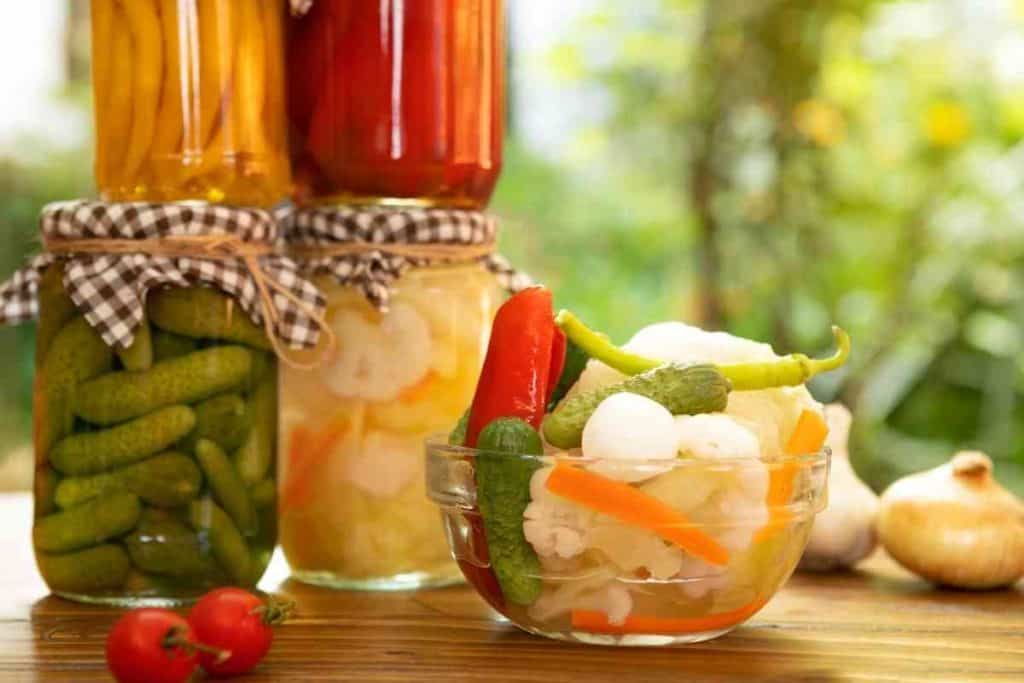
From the point of botany, vegetables are the component of any plant that is eligible to be eaten by humans. This encompasses the leaves, stems, roots, flowers, and even fruits.
Botanically, a cucumber is a fruit. It grows on a flowering plant and has seeds in them.
From a culinary viewpoint, though, they are usually considered a vegetable. Cucumbers are more of tasty fruit and are more inclined to be eaten as a vegetable.
They are hardly cooked, however, and when matured well, they have a wonderful sweetness to them, so there is still room for asserting that it is fruit, even in culinary circles.
As you might have known, all fruits are technically also vegetables, so you would be 100% correct in calling a cucumber either a fruit or a vegetable, from even the explanation above. This statement would sound true botanically and can even be disagreed with from a culinary standpoint.
But to decide categorically whether or not a pickle is a fruit, we need to agree if anything changes nature botanically when the fruit is pickled.
The response is no; fruit is a fruit; anyhow, it is formulated.
From that understanding, the topic of whether pickles are vegetables or fruits should be a simple one, but there's an entire lot of narrative confounding that simple answer.
But then, though it may appear contentious and probably false, we must acknowledge that pickles are also a fruit based on all obtainable information.
So now that you comprehend that cucumber is technically a fruit, vegetable, berry, and even meat and fish and that pickling a fruit does not alter its category, we can comfortably affirm that the word "pickle" is ambiguous.
The meaning obtainable largely depends on what you want and the particular environment you might find yourself.
Types of Pickles
Several variants of food can be made into pickles, not just vegetables or fruits.
Some of them are:
Frequently Asked Questions
What kind of food is a pickle?
Pickles are fruits, and more, they are technically also vegetables and berries.
What meats can you pickle?
This is normally beef, pork, or venison.
Can you pickle raw chicken?
Of course, you can! Put raw chicken pieces into a big bowl, then enclose them with the pickle juice and water. Cover it tightly and freeze for 8-10 hours. The higher the brine time, the better the "pickle" taste.
Is eating pickled food good for you?
Yes, it is! Pickled food comprises productive bacteria, which implies that they can be a nice improvement to a healthful diet.
Fermented pickles deliver more health advantages than other pickles. Still, unfermented pickles are abundant in vitamins such as vitamin K and vitamin A.
What can be used to pickle a food?
Quite simple! All you require to pickle any fruit or vegetable is water, salt, vinegar, and occasionally sugar. Jazz it up by putting some of your beloved spices to the brine, saturate your produce, and voilà, your pickles are ready!
Conclusion
The question "is a pickle a fruit or a vegetable?" is tricky since it is simple.
The answer is straightforward, of course, but you have a lot of explanations for the person who asked to get a clear picture.
I hope this short article was helpful, though. Thank you for reading!

